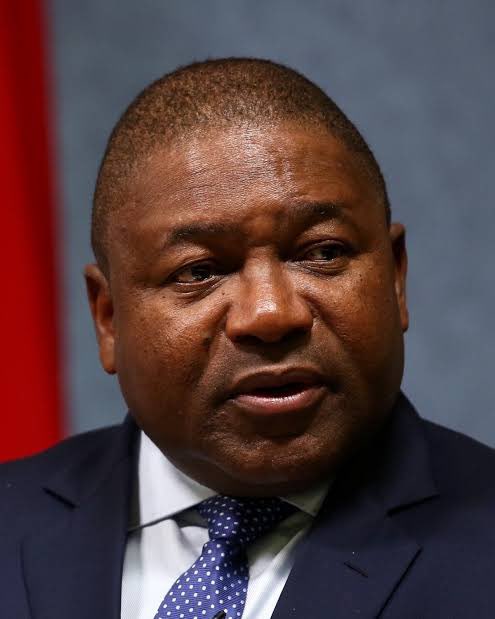Mozambique has been experiencing significant political unrest following its October 2024 presidential election, marked by allegations of vote-rigging and a contentious outcome.
President Filipe Nyusi, who is set to hand over power in January, has faced mounting protests, particularly from younger citizens dissatisfied with the election results and the ruling Frelimo party’s long-standing dominance.
These demonstrations have intensified since Venancio Mondlane, the runner-up, called for nationwide protests, disputing the election’s fairness and legitimacy.
The protests, led largely by disillusioned youth, have highlighted deep frustrations with high unemployment, economic stagnation, and perceptions of governmental corruption.
Demonstrators in Maputo and other cities have clashed with security forces, leading to casualties and mass arrests.
International observers have also noted irregularities in the election process, adding credibility to opposition claims.
Mondlane has tentatively agreed to a dialogue with Nyusi, but skepticism remains about the effectiveness of such talks in addressing the underlying grievances.
This unrest reflects a broader generational and political divide, as Mozambique’s younger population increasingly demands change from the status quo.
The situation underscores the need for substantial electoral reforms and more inclusive governance to restore public trust.
Analysts warn that unless the government acknowledges and addresses the root causes of the unrest, such as economic inequality and political exclusion, the current turmoil could escalate further.
Join Kenyan Gen z and millennials official WhatsApp Channel To Stay Updated On time the ongoing situation https://whatsapp.com/channel/0029VaWT5gSGufImU8R0DO30


